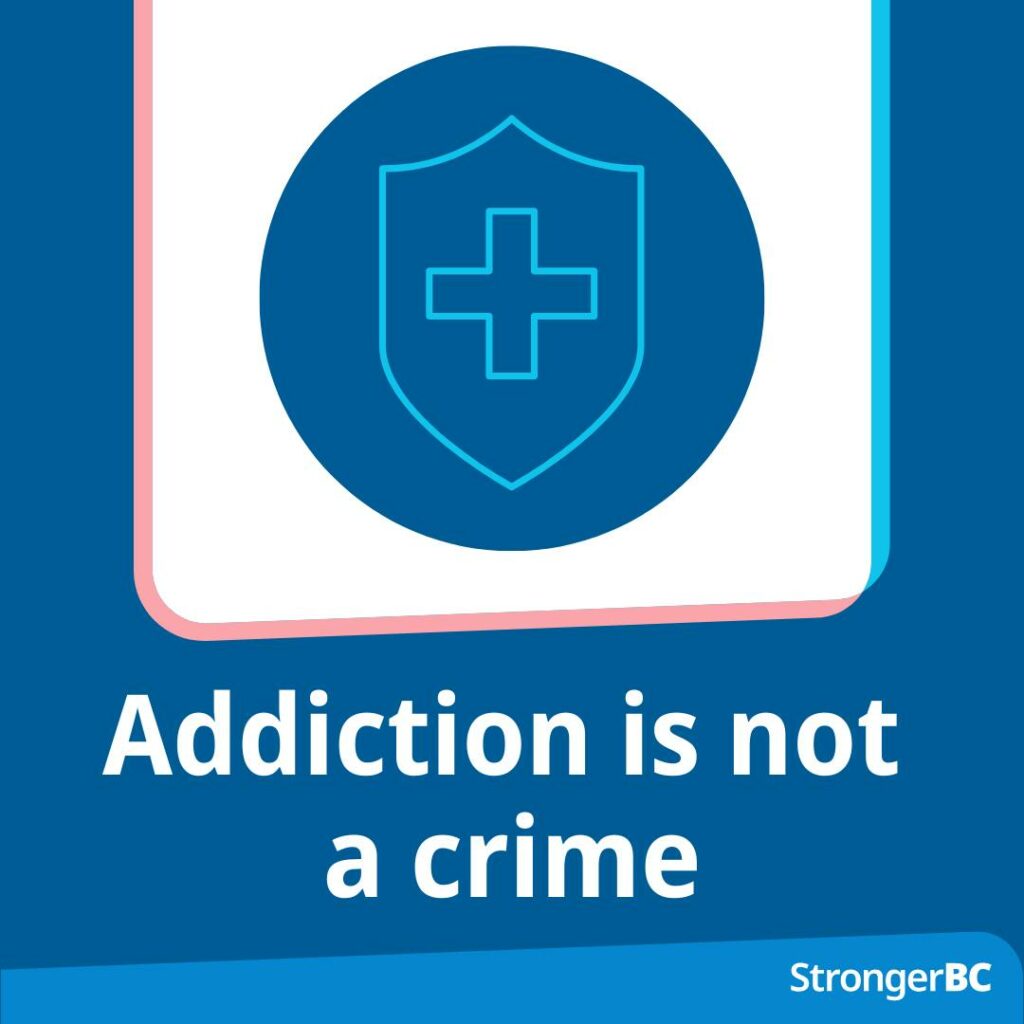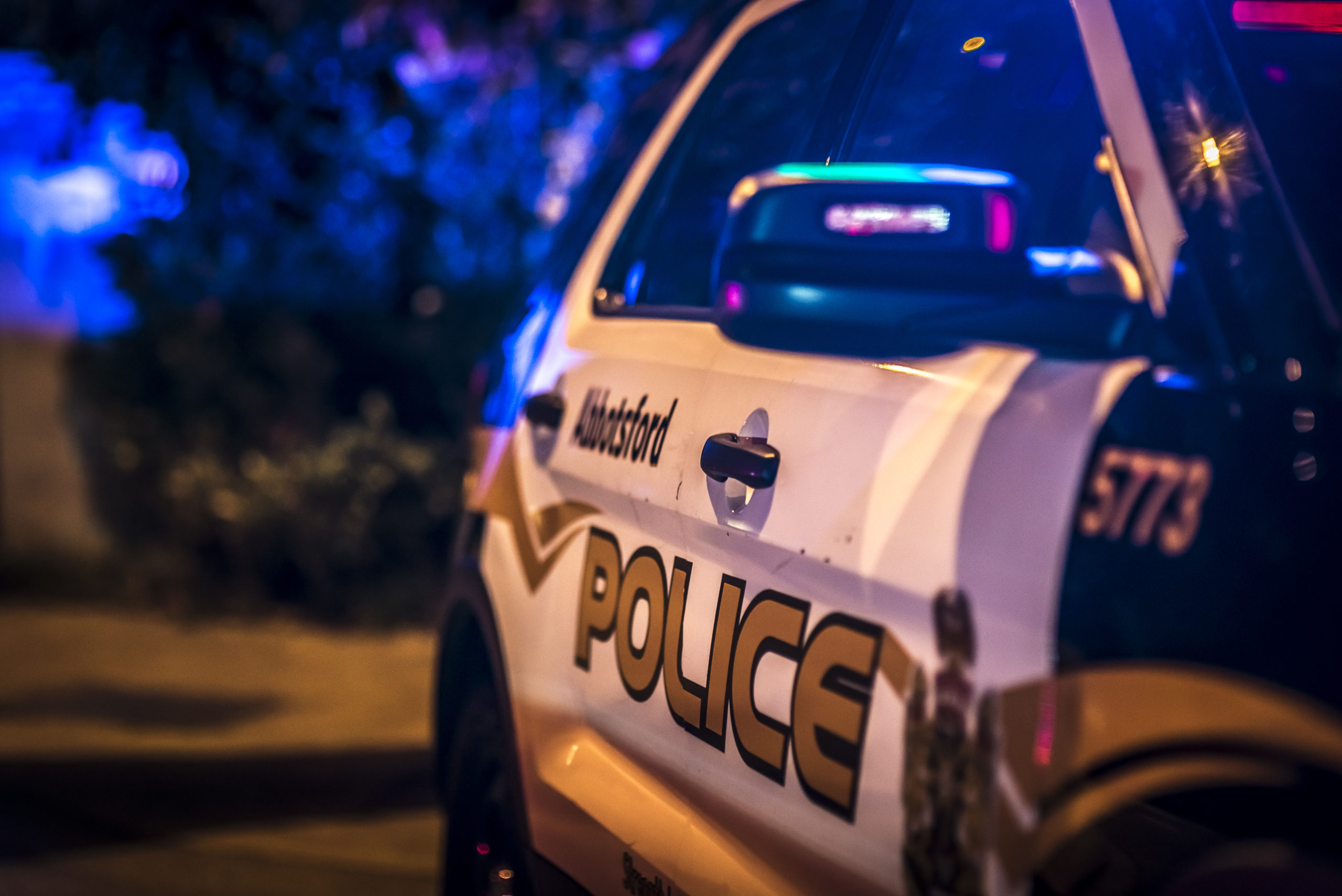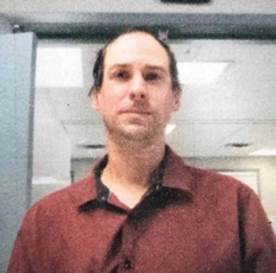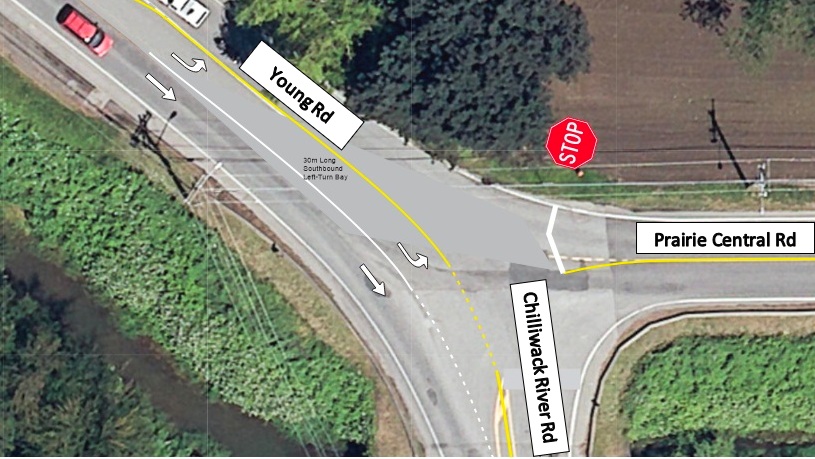Ottawa/Victoria – Starting Tuesday January 31, 2023, there will no longer be criminal penalties for adults aged 18 and over in BC who possess 2.5g or less of certain illegal drugs for personal use.
Some exceptions apply.
This means that instead of arresting, charging people or seizing drugs, police will offer information to people about local health and social supports, including treatment and recovery services.
Ironically this comes as Fraser Health warns of a chunky white substance that is on the streets and primarily carfentanyl. Fraser Health is also not commenting about “grey fentantyl” or nicknamed “death” which is the most potent drug ( as of now) on the street and resistant to one or two doses of naloxone to bring back an overdose.
Learn more: gov.bc.ca/decriminalization
What will change
Health Canada has granted an exemption from the Controlled Drugs and Substances Actto the Province of B.C. The exemption takes effect from January 31, 2023 to January 31, 2026.
Under this time-limited exemption, adults (18 years and older) in B.C. will not be arrested or charged for possessing small amounts of certain illegal drugs for personal use. The total amount of illegal drug(s) must be equal to or less than 2.5 grams. The illegal drugs covered by the exemption are:
- Opioids (such as heroin, morphine, and fentanyl)
- Crack and powder cocaine
- Methamphetamine (Meth)
- MDMA (Ecstasy)
Adults found in personal possession of any combination of these illegal drugs that adds up to a combined total of 2.5 grams or less will not be subject to criminal charges and the drugs will not be seized. Instead, they will be offered information about health and social supports, including local treatment and recovery services, if requested.
What remains criminal
Adults (18 and over) are not allowed to possess:
- More than 2.5 grams of these illegal drugs
- Any amount of other illegal drugs not included in the exemption
Decriminalization is not legalization. Under this exemption, illegal drugs (including those listed in the exemption) will not be legalized and will not be sold in stores. Drug trafficking will remain illegal, regardless of the amount of drug(s) in possession.
The exemption will not apply to certain circumstances, locations and groups, including individuals under 18 years of age.
Adults found in possession of any amount of illegal drugs in these locations could be charged with a criminal offence:
- On the premises of elementary and secondary schools and licensed child-care facilities
- At airports
- On Canadian Coast Guard vessels and helicopters
In many cases, illegal drug use will continue to be prohibited on private property, including places like shopping malls, bars and cafes. Police will retain legal authority to remove people from these premises under the authority of the Trespass Act if open drug use is occurring against the wishes of the owner.
However, adults removed from private establishments would not be subject to federal criminal charges for their personal possession of up to 2.5 grams of the illegal drugs listed in the exemption.
Additionally, local governments will continue to have authority to pass bylaws restricting public substance use.
Travel and transportation
This exemption applies in British Columbia. In all other Canadian provinces and territories, the existing laws regarding illegal drugs still apply. The exemption does not change Canada’s border rules. Taking any amount of illegal drugs across domestic and international borders – either exiting or entering – remains illegal even if travelling to and from B.C., where the exemption will be in place. It can result in serious criminal penalties both in Canada and abroad.
The exemption has special restrictions that apply to personal motor vehicles, watercraft and public transit. Impaired driving will remain illegal and subject to enforcement of applicable laws.
Members of the Canadian Armed Forces
It remains a criminal offence for Canadian Armed Forces members subject to the Code of Service Discipline to possess the drugs listed in the exemption, unless otherwise authorized.
Youth and the law
The exemption will not apply to people under the age of 18.
Youth, 17 years and younger, who are found in possession of illegal drugs are subject to the federal Youth Criminal Justice Act. The Act promotes the use of measures outside the court system for minor offences, when appropriate. This can include referral by law enforcement or prosecutors to community or health services, or designated counselling services.
Schools and daycare facilities
Adults are still prohibited from possessing illegal drugs on the premises of schools and licensed childcare facilities. Policies in other workplaces and organizations will continue to protect children and youth in settings, like community or recreation centres.
How decriminalization will be implemented
B.C. is preparing for implementation by:
- Creating a robust plan for training police
- Educating the public about these important changes
- Engaging First Nation communities, with:
- People who use drugs
- Law enforcement
- Racialized and diverse communities
- Youth
- Business improvement associations
- Municipalities
- Building mental health and substance use supports, including treatment and recovery services.
Resources
To learn more about decriminalization in B.C., read the full exemption granted by Health Canada and the accompanying Letter of Requirements.







